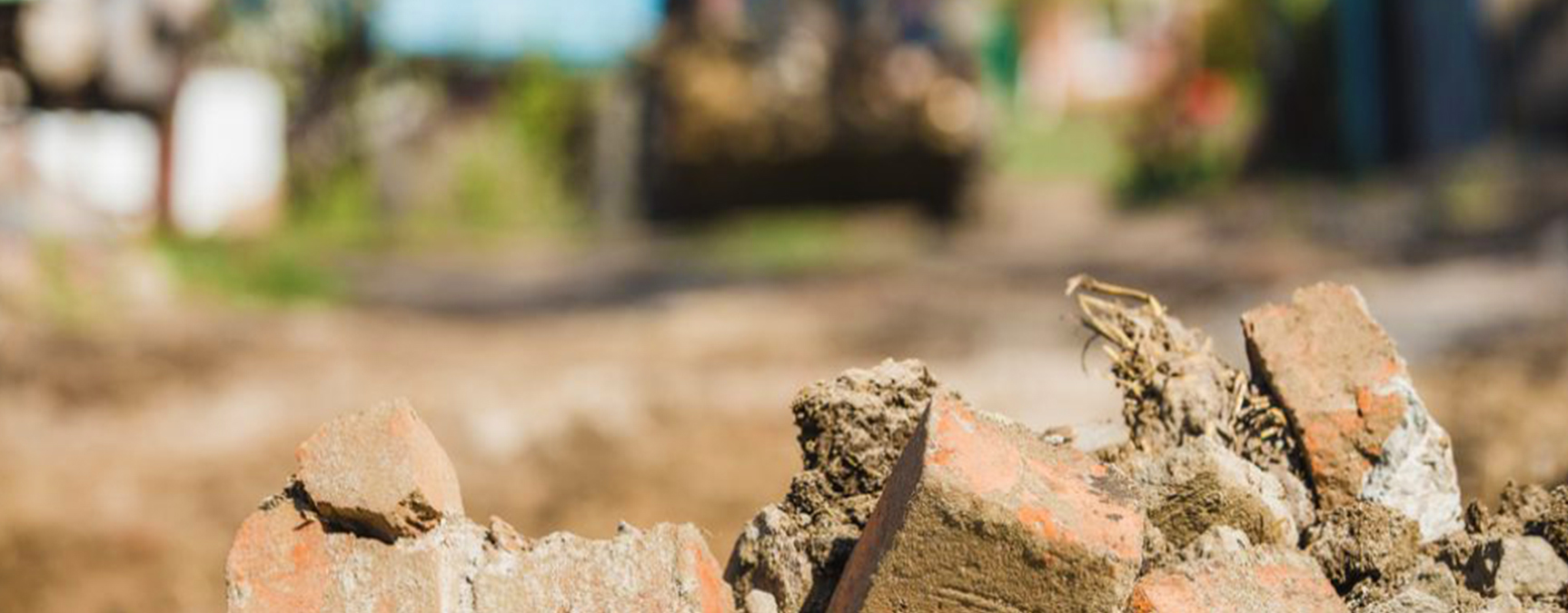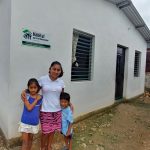The Toribio Chajil Family

When he tells the story, his voice drops almost to a whisper. It’s subtle, but there’s a proud little smile behind his words. He tells his story enchantedly, like a grandfather telling his grandchild a story about princes and dragons.
It all started in a nursery. Not for children, but a nursery for growing trees and plants. Toribio, father of four children between 25 and 35, had a job in forestation at a local nursery and worked every day to learn about proper growing techniques of San Lucas’s native flora.
In 1999, Toribio’s talent and knowledge on horticulture and forestation was noted by a group of international travelers who invited Toribio to speak at a conference in Wichita, Kansas. Toribio shared his knowledge and was given a stipend for being a guest speaker and for his dedication to protecting the environment.
A stipend in the United States goes a long way in Guatemala. So Toribio bought a plot of land with that chunk of money. The curious thing is that it wasn’t just any regular plot of land.
The land was sacred. It was home to a sacred Mayan rock which was used for traditional ceremonies.
“These days, there are churches and they have a different idea of what to do with the land,” says Toribio. “Now, the people come and they’re free do their ceremonies. There’s no problem.”
On what is now Toribio’s land, Mayan community members come and they bless the seed before planting, they baptize their children.
Effectively, Toribio saved a major cultural heritage spot from being ruined by private owners. Sure, the site is on private land, but Toribio has every intention to preserve it and act as a caretaker. He’s quick to point out that his last name Chajil, means “husband or guardian of the land” in the native Mayan dialect.
But his success didn’t come without some struggle. Toribio was living in an old house nearby with 14 other people. Everyone was family, but his sons and daughters kept getting married and having kids and the quarters were increasingly cramped. There were only 6 rooms, so for his youngest daughter, Maria, “there was no place for her.”
So Toribio and his daugther María decided to partner with Habitat to construct a house on the plot of land of the Mayan ceremonies.
“My daughter says to me, ‘Dad, I want to build a Habitat house here, because Habitat is our friend. Daddy, you can live here too,‘ so we did! And I feel privileged. Very grateful to God for the support that I’ve received. I’m very proud, humbly, to know that little by little I am living with dignity. We want to share with other people, we want to maintain communication with Habitat because we want to continue helping other people. I feel very very thankful to God.”

Behind the house, there’s a number of big rocks surrounded by ash that have a special significance for the locals. They pass through Toribio’s gate into the protected area. Toribio says he’s planning to clean out the front of his yard in order to make space for potential visitors – even space to accommodate buses. Of course, he says, he won’t charge anyone.
Toribio‘s also looking into the future. His success with his Habitat house, the forestation project, and the caretaking of the Mayan ritual site has sprung him forward into a world of new ideas. He’s contemplated writing a book, and really wants to eventually gather up the resources to open an ecological park so that people from all around the world can come and learn about the environment.
For now, he’s proud to be living up to his family name, caretaker of tradition and caretaker of family.





